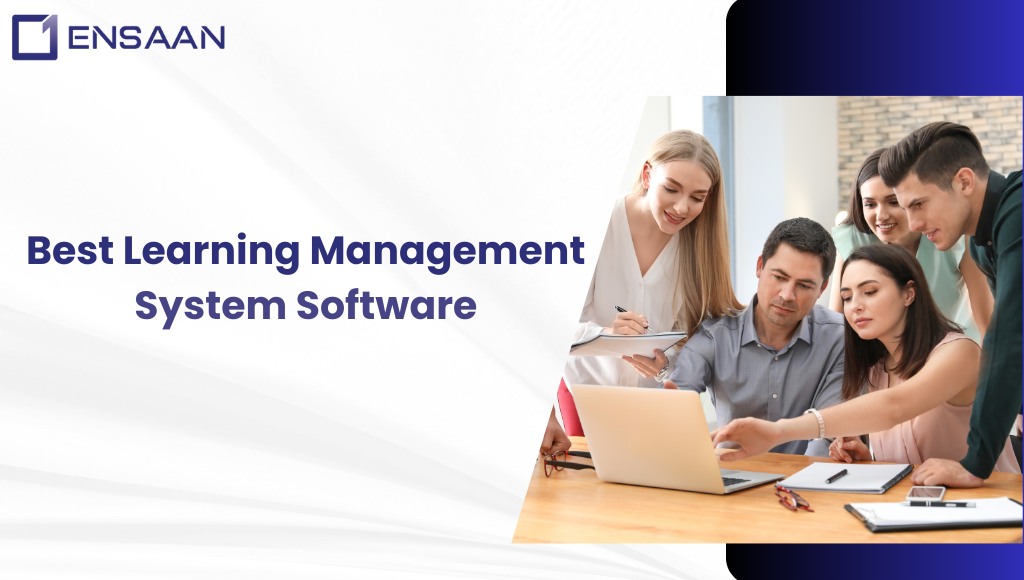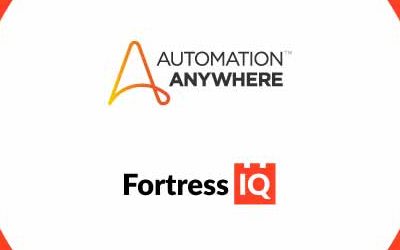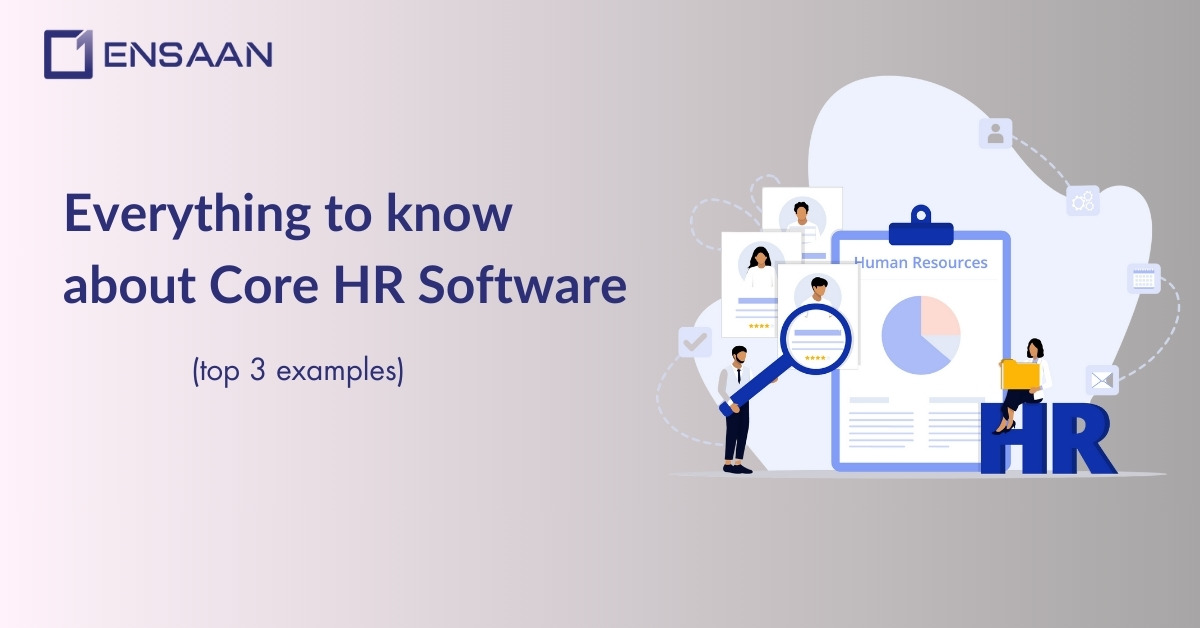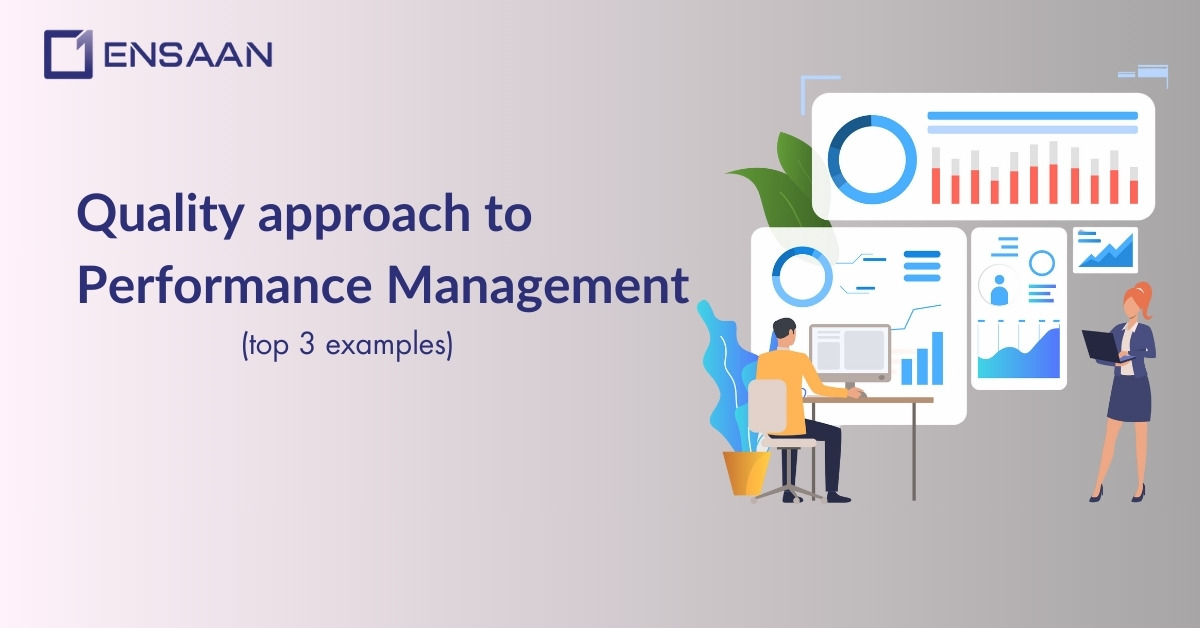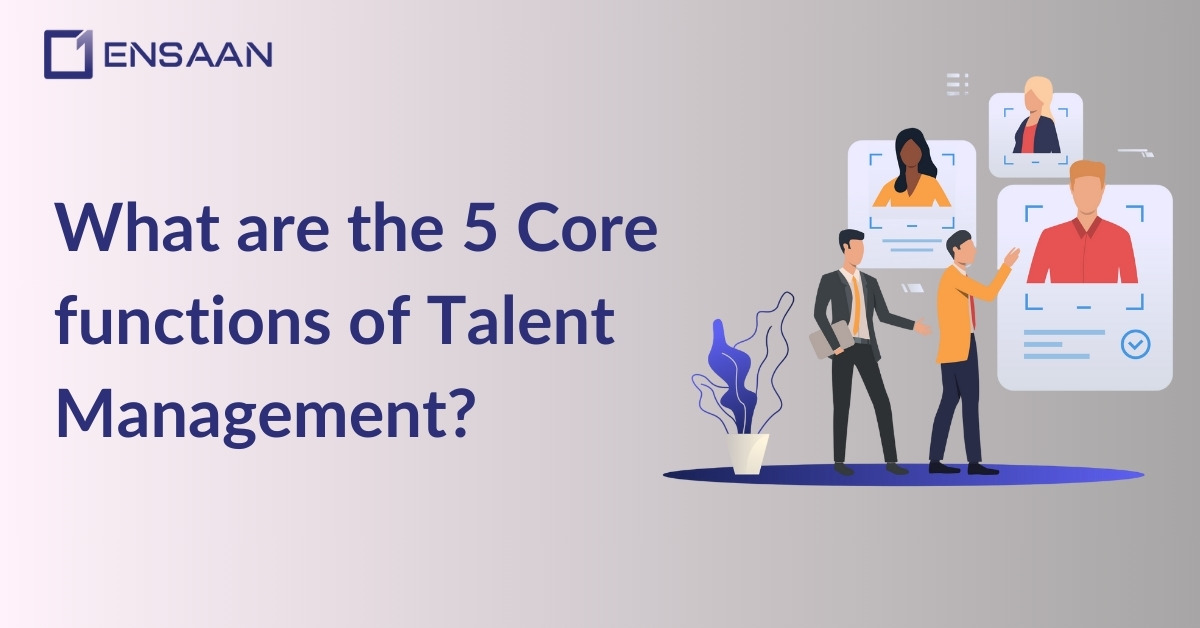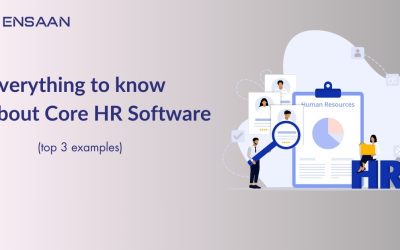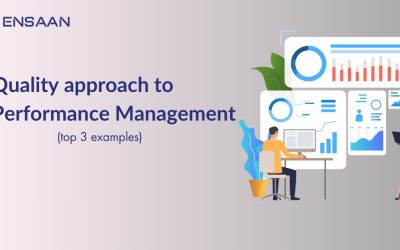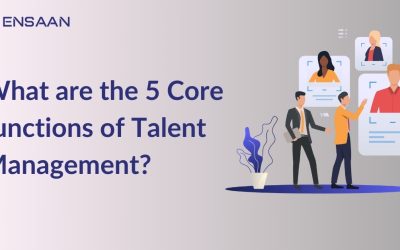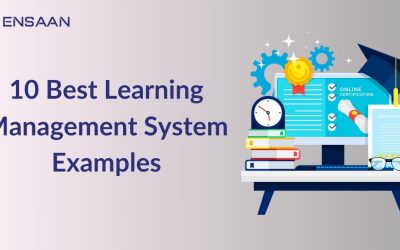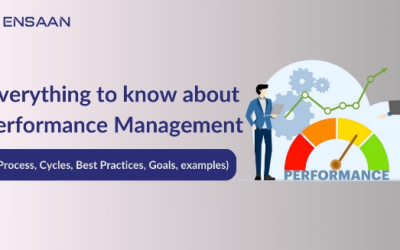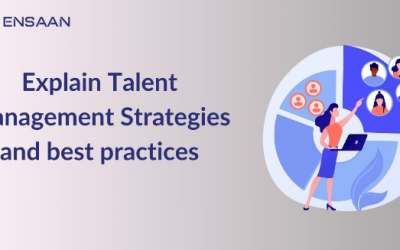Looking for the best Learning Management Systems software in 2025 to meet all your different business needs is a challenge.
So, we have shortlists based on detailed reviews and comparisons to help you choose your platform.
Each of the Learning Management Systems (LMS) is designed for different types of businesses and their own needs.
All these LMS do not work in each specialization or industry. Hence, it should be the one suiting your business requirements.

What is a Learning Management System (LMS)?
A Learning Management System (LMS) is a software application, or a cloud-based SaaS solution platform used for planning, implementing, and assessing learning processes.
It makes eLearning possible through tools that instructors can use in developing and dispensing class content, monitoring participation, and performance appraisal.
Tools available to instructors in this application or web-based platform include instructional development, class content delivery, tracking participation, and performance evaluation.
It also has interactive features such as discussion forums and videoconferencing. LMS, in broad use in the spheres of education, government, and corporate sectors, enables the easy performance of administrative tasks.
which include user registration, content management, communication, and assessment, hence making traditional training time-and cost-effective.
Why Use a Learning Management top LMS solution System (LMS)?
Wondering why you should consider an LMS? Here are a few compelling reasons:
1. Streamlined Training Processes:
An LMS makes the logistics of training much easier. It puts all learning materials in one place, smoothes out course delivery, and enables automation of administrative tasks—all working like clockwork.
2.Higher Level of Engagement and Participation:
Modern LMS platforms design learning to be interactive. Multimedia content, gamification, and forums keep learners interested and motivated enough to complete their courses.
3.Effective Tracking and Reporting:
How do you know whether your training programs are working effectively?
The LMS tracks learner progress, performance, and completion rate. In-depth analytics show what’s working and where changes need to be implemented.
Key Features to Look while Choosing Best Learning Management System Software
With so many choices out there, the process of selecting the best LMS can be overwhelming. Here’s what you should be looking for:
1.User-Friendly Interface:
An LMS should not be a problem for administrators or learners. The clean and intuitive interface would reduce the learning curve, putting users at ease.
2.Customization Options:
Every organization is different. The ideal LMS will allow customizations in areas such as course content, branding, and user roles.
The ability to integrate the LMS with other tools and systems, such as human resource software or CRM, increases the functional value of an LMS considerably.
3.Mobile Accessibility:
In today’s mobile world, it is essential to have the LMS available on a smartphone or tablet for those learners on-the-go.
4.Robust Security:
Sensitive data should be kept that way. It is important to opt for LMS software that has extremely robust security measures in place, including encryption, secure authentication, and data backup.
Best Learning Management System Software in 2025
Let’s check some of the best LMS software that’s really making waves in 2025.
1. Cornerstone:
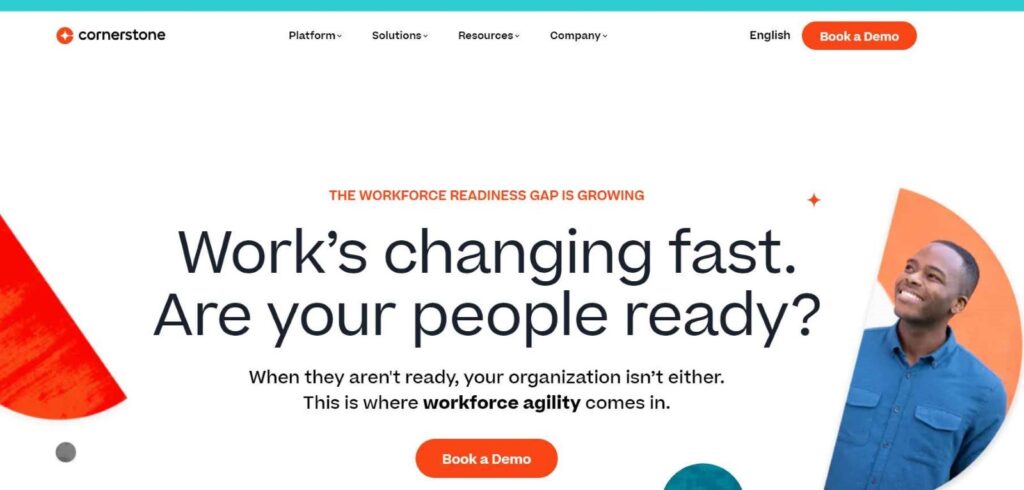
Cornerstone OnDemand is regarded one of the best learning management system software (LMS) for corporate training, talent management, and compliance full featured, with quite advanced functionality around customization or integration. It involves a steep learning curve.
Reviewers have commented that it is not as good as other vendors at dealing with big learner bases and that frequent updating can greatly interfere with the learning experience.
Why Cornerstone LMS is Best for Organizations
- Large enterprises
- Corporate training
- Professional associations
Key Features
- Talent management features
- Extensive customization options
- Social learning features
- Compliance training management
- AI-driven development planning
Pros
- Talent management features like continuous assessment and professional development planning make Cornerstone a good fit for succession planning.
- Strong reporting and analytics for tracking and improving training programs
- Highly customizable and scalable learning management system
Cons
- Not well-suited to small organizations or SMEs.
- Inconsistent system performance can impact user experience.
- Requires significant administration and time to set up and manage.
Pricing
Cornerstone OnDemand doesn’t make the pricing for their LMS software available on their website. You can visit the site to book a demo or learn more about their products.
Rating
4.1/5 (average rating from Capterra, Get App, Software Advice)
2. Saba:
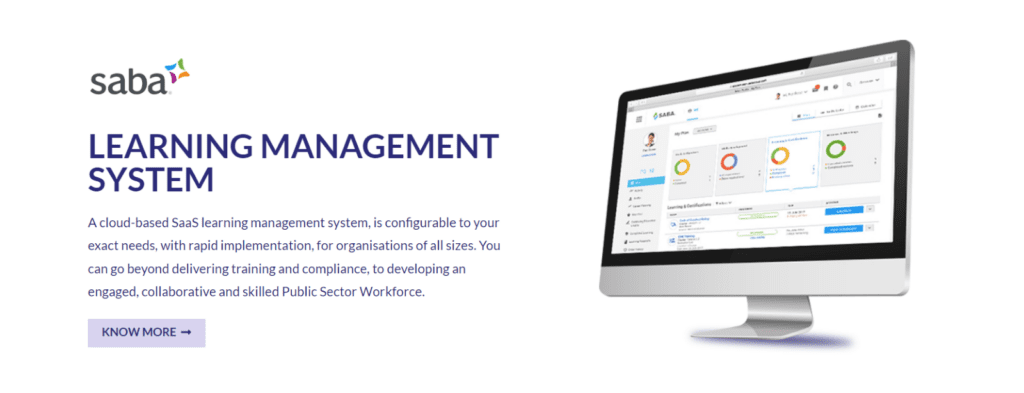
Saba LMS provides a rich and powerful platform that can help improve learning and development processes for organizations.
It brings ease of use, course development tools, and strong analytics, which give businesses the edge to provide engaging training materials, track learner progress, and enhance learning outcomes.
Advanced customization is possible within the platform for different kinds of training-for example, compliance, skill development, and onboarding.
Moreover, it promotes sharing and collaboration among learners. Saba LMS is one of the top solutions for the development of employees’ skills and performance in a smooth, mighty digital learning experience.
Saba LMS has over 31 million users (about the population of California) and 2,200 customers across 195 countries, available in 37 languages. It is now fully owned by Cornerstone.
Why Saba LMS is Best for Organizations
- Comprehensive Solution
- Powerful Analytics
- Customizable and Flexible
- Global Reach
Key Features
- Course Creation Tools
- Advanced Analytics
- Collaboration and Social Learning
- Mobile Learning
- Customizable Learning Paths
Pros
- User-friendly interface.
- Strong analytics and reporting capabilities.
- Highly customizable to fit different organizational needs.
- Supports multiple languages and global deployment.
Cons
- Complex features may require a learning curve for new users.
- Pricing can be high for small businesses.
- Occasional system updates may cause temporary disruptions.
Pricing and Rating
Pricing: Pricing varies based on organizational needs and the number of users. Specific pricing details are typically provided upon request from the vendor.
Rating: Saba LMS is highly rated, often receiving 4 to 4.5 stars out of 5 on various review platforms.
3. Growth Engineering:
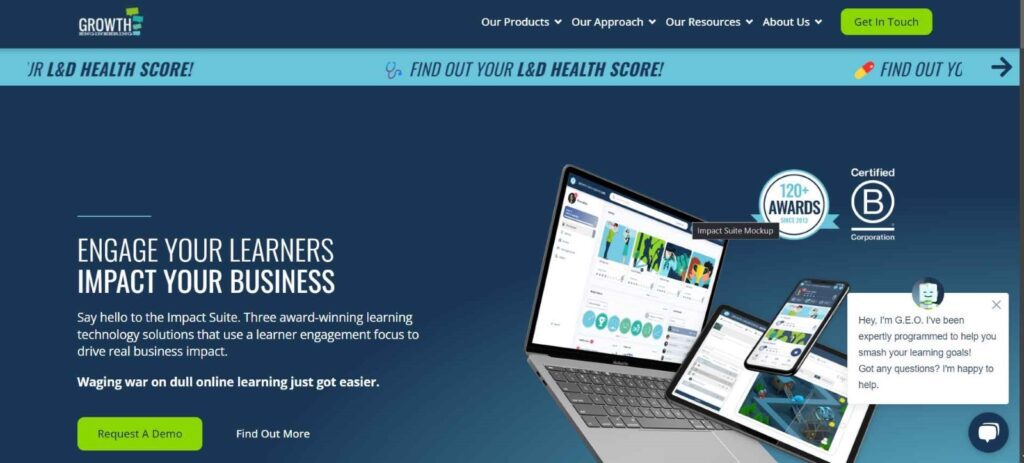
Growth Engineering is a learning technologies company specializing in the creation of engaging and impactful learning experiences.
The products include an LMS, Learning Experience Platform, and authoring tools. Growth Engineering’s solutions allow a much deeper level of learner engagement through gamification, social learning, and personalization.
Approach is based on making learning more engaging and enjoyable; hence, improving knowledge retention and overall learning outcomes.
With versatile tools, we can support a broad array of training, starting with corporate learning and compliance training and finishing with developing skills.
Growth Engineering is extremely well-known for its user-friendly design and the ability to flexibly fit within any industry or organization.
Key Features
- Gamification: Make learning more engaging and fun with badges and leaderboards.
- Social Learning: Encouraging learners to interact with one another and share knowledge.
- Personalization: Learners’ paths should be tailored according to their needs.
- Easy-to-use Tools: Ease in creating and managing training content.
- Analytics: Progress tracking, measurement of effectiveness of training.
Pros
- Highly engaging and interactive learning experience.
- Personalization to different industries and training requirements can be made.
- Easy to use, simple design.
- Supports various kinds of training, like corporate learning and development of skills.
Cons
- Highly engaging and interactive learning experience.
- Personalization to different industries and training requirements can be made.
- Easy to use, simple design.
- Supports various kinds of training, like corporate learning and development of skills.
Pricing and Ratings
- Pricing: Varies based on needs; details are available on request.
- Rating: Generally rated around 4.5 out of 5 stars for its engaging and effective learning experiences.
You may find it useful: Explore the popular human capital management software solutions (HCM) of UAE
4. Canvas LMS:
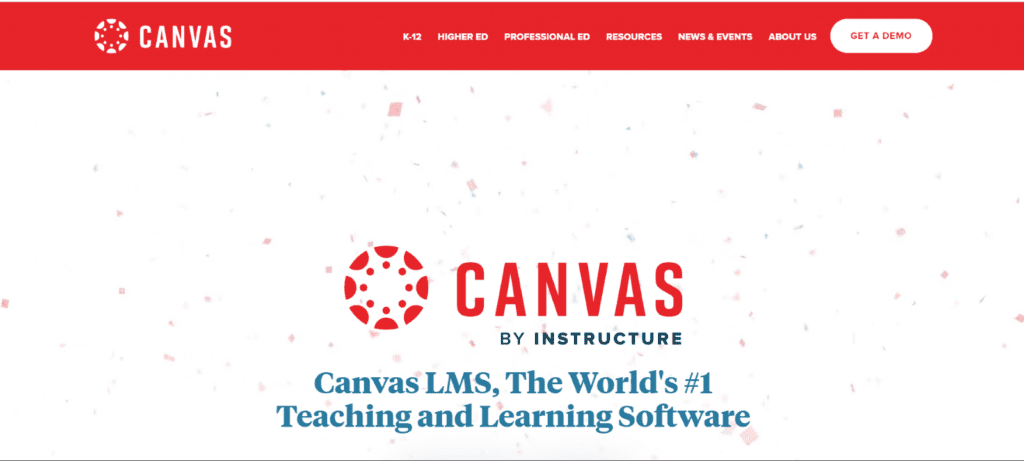
Canvas is another top-used platform in the Higher Education sector. It’s renowned for its ease of use, robust training provided by instructors, and course functionality.
Moreover, it has enormous integration capacities and strong assessment tools. Canvas faces a strong orientation towards students, not as a corporate training solution.
While some features would work well in employee training, they still need enterprise-level features, and the advanced analytics large businesses require.
Best For
- Higher education institutions
- K-12 education
- Corporate training
Key Features
- Strong support for blended learning and online courses
- Various tools for assessment
- Built-in messaging features
- Mobile-friendly design
Pros
- Easy for students and administrators to navigate
- Essential features available for free
- Strong support for educational institutions
Cons
- Fewer corporate training options than many competitors
- Limited customization and integrations
Pricing
Canvas offers a Free-for-Teachers model, which serves as a trial for their LMS tools and a basic standalone product. The platform has paid-for versions, but these details aren’t available on their website.
Rating
4.5/5 (average rating from Capterra, Get App, Software Advice)
5. LearnDash:
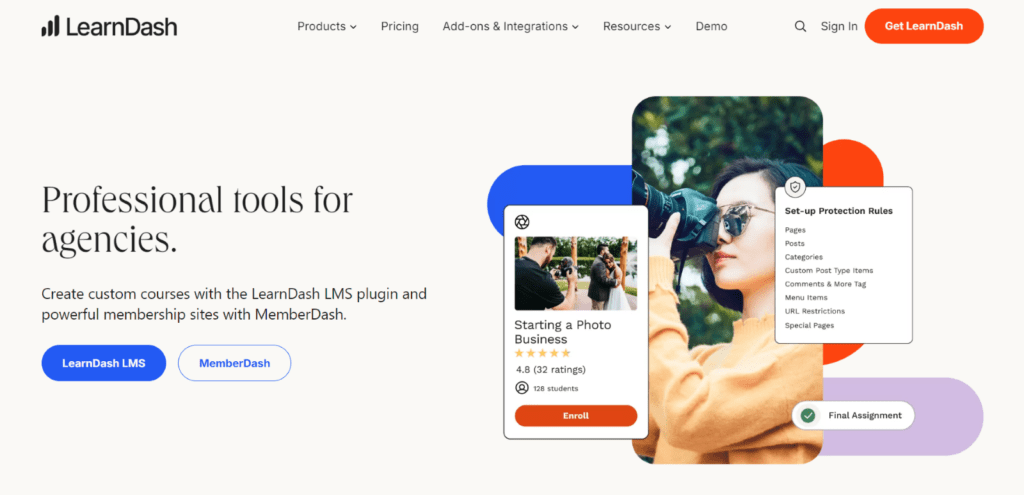
LearnDash is an LMS custom-developed for WordPress websites. Besides, the high customizability of this platform provides individual learning paths and focus mode for learners to be engaged in the active course content.
On the other side, it is less adaptable than independent learning management systems.
Organizations that don’t use WordPress self-hosted sites or have in-house IT experts may also find LearnDash a complex platform to manage.
Best For
- Higher education institutions
- Corporate training
- Entrepreneurs and course creators
Key Features
- WordPress plugin and integration
- AI course creation tools
- Advanced assessment options
- Gamification features
- Dynamic content delivery
Pros
- Well-suited to companies that already manage WordPress websites
- Extensive course creation and delivery options
- eCommerce and marketing features for reselling courses
Cons
- Limited functionality for organizations that don’t use WordPress
- Requires technical expertise to setup and manage
Pricing
LearnDash offers multiple pricing plans. You can get a monthly LearnDash Cloud subscription for $29 per month which involves designing a WordPress hosted website with course content. Alternatively, you can opt for the LearnDash LMS plugin from $199 per year, which helps businesses add courses to their existing WordPress website. The platform also offers multiple add-ons at extra fees.
Rating
- 4.6/5 (average rating from Capterra, Get App, Software Advice)
6. Adobe Learning Manager:
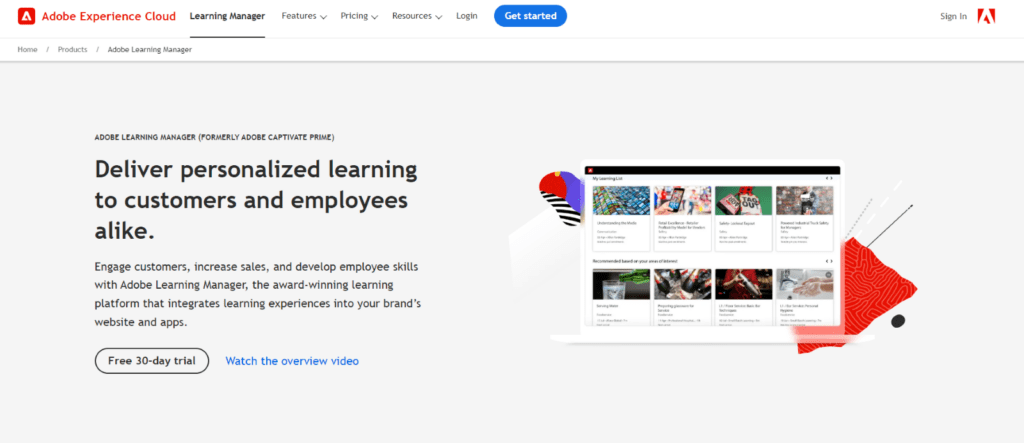
Adobe Learning Manager brings the best of innovations, security, and enterprise apps integration with certifications like SOC 2 TYPE 2 and FedRAMP.
Key Features
- Compliance Management
- Customization
- Gamification
- Mobile Learning
- Not the best fit for
- Smaller businesses with limited resources or
- Seeking a simpler, more cost-effective LMS.
Pros
- Ease of Integration
- Product Scalability
Cons
- Implementation
- Support
6. Talent LMS:
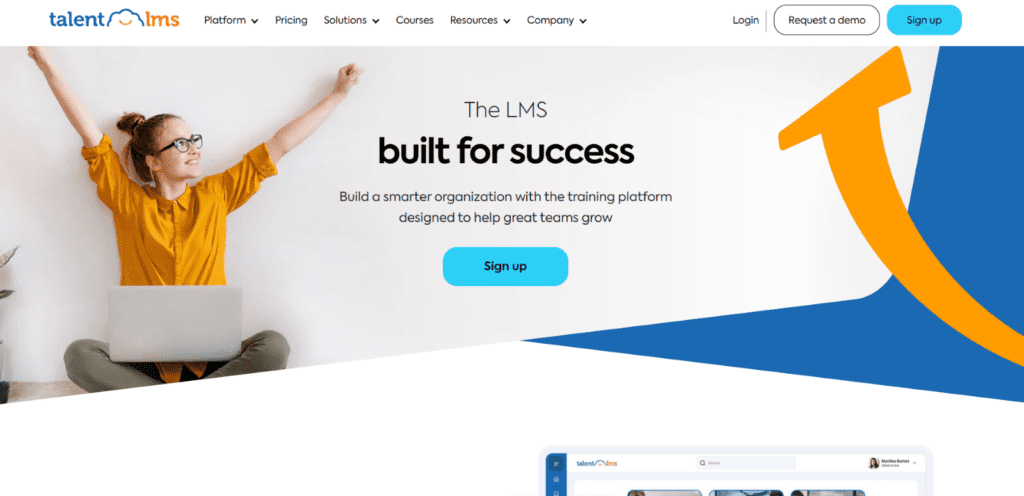
Talent LMS is a cloud learning management system designed to help organizations of any size deliver online training easily and effectively.
Simplicity with richness in features is ideal for a small business or large enterprise. Talent LMS is known for its usability, flexibility, and affordability.
which turned out to be great for companies looking to implement eLearning solutions without the headaches of large systems.
Key Features
- User-Friendly Interface: The platform is easy to use for both admins and learners.
- Customizable Courses: Courses include multimedia content with quizzes.
- Gamification: Engage learners via badge, point, and leaderboard methods.
- Integrations: HR systems, CRM, Zoom, etc.
- Mobile Learning: Accessible on any device; also, offline access through app
- Reporting and Analytics: Track progress of learners and effectiveness of courses
- Multilingual Support: Multiple languages are supported for global teams
Pros
- Simple and easy to use.
- Pricing is affordable with a free plan available.
Pricing
Free Plan: Up to 5 users and 10 courses.
Paid Plans: Scalable pricing based on users and features, with options for small to large organizations.
Ratings
Generally rated around 4.5 out of 5 stars for ease of use and affordability.

Conclusion
The right Learning Management System Software ( LMS) for your organization will depend on your needs, whether you’re a small business, large corporation, or school.
With the idea that each LMS has different strengths and weaknesses, it’s best to consider your needs first and compare features, price, and user experience across different platforms.
Consider things like customization, mobile accessibility, security, and of course, how easy the system is to use in making a final decision.
Ultimately, what can be reckoned as the best LMS is one that aligns with your goals and will help in the delivery of effective training and learning experiences.

